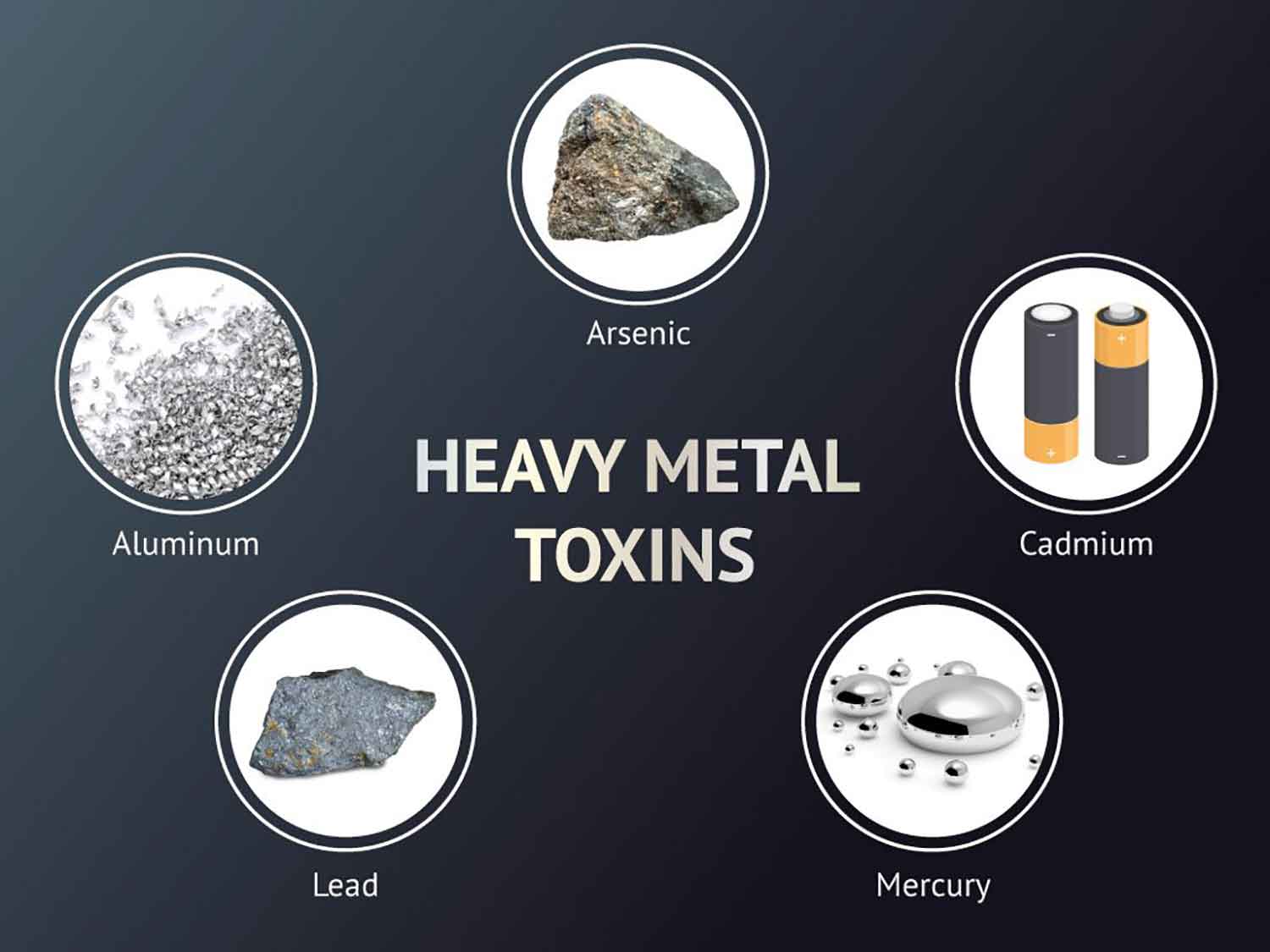What is the Heavy Metal Poisoning?
Definition of Heavy Metals
Heavy metal refers to a metal whose specific gravity is greater than 5. It generally refers to a metal whose density is greater than 4.5 grams per cubic centimeter, and it also refers to a metal whose atomic weight is greater than 55. For example, iron has an atomic weight of 56 that is greater than 55, so it is a heavy metal.
Impact on the Human Body
Heavy metals can cause irreversible changes in the structure of proteins, thereby affecting the function of tissues and cells. It can enter the body through drinking, eating, and breathing or direct contact, which can greatly damage the body's normal function once the content exceeds the limit. Unlike other toxins, heavy metals cannot be excreted after liver catabolism. On the contrary, they can easily accumulate in important organs such as the brain and kidney, causing functional damage, genetic mutations and even affecting cell inheritance.
Heavy Metal Contamination in Food
However, not all heavy metals are bad for the human body. There are some heavy metals in nature, such as calcium, iron, zinc, selenium, and copper, which also exist in animals and human bodies and are essential elements for the maintenance of biological health. But there is a limit to everything, and anything that exceeds that limit is bound to have an adverse effect on the environment or organisms. Heavy metals are most easily added to the food manufacturing process. It is reported that the limit of cadmium in food is 0.03-0.2mg/kg, arsenic is 0.1-0.7mg/kg, mercury is 0.01-0.05mg/kg and lead is not more than 1mg/kg.

Specific Heavy Metals and Their Effects
Heavy metal cadmium can stimulate the respiratory tract, as well as easily cause cadmium poisoning. When the substance is absorbed by the body, it accumulates in the liver or kidney, causing damage to many internal organs, especially the kidney. The excessive intake of cadmium can lead to massive loss of calcium and phosphorus in the human body, resulting in the significant bone loss. If cadmium is inhaled through the respiratory tract, it can increase diseases of the respiratory system, including obstructive pulmonary disease and chronic bronchitis.
Lead is neither an essential element of the human body nor does it have any health benefits. Lead is one of the most toxic heavy metals and is difficult to remove or break down once it enters the body. Chronic lead poisoning can cause damage to the human nervous system, digestive system, and blood system, as well as damage to the reproductive system and kidneys. Medical studies have shown that women are more sensitive to the toxic effects of lead, and lead in perinatal women can harm the health of fetuses and infants through the placenta and milk. Children belong to growing and developing individuals. Their nervous system and endocrine system tissues are not mature yet, and their metabolic rate is higher than that of adults, so they're more susceptible to lead damage at the same dose.
Heavy metals are ubiquitous in our daily lives, but we can get away with them if we know a little bit about them. Cosmetics are gradually becoming one of the necessities of life. Due to the functional characteristics of cosmetics, people often pay too much attention to the efficacy of whitening, moisturizing and anti-wrinkle when choosing applications, and rarely consider the possible contact dermatitis and the long-term accumulation of heavy metals. The main way to avoid heavy metals in your makeup is to try not to use them. Lead can be absorbed not only through the respiratory tract but also through the digestive tract. Experiments have proved that eating more food such as orange, apple, agaric, seaweed, and cabbage can not only increase the supply of vitamins but also reduce the absorption of lead to prevent lead poisoning.



